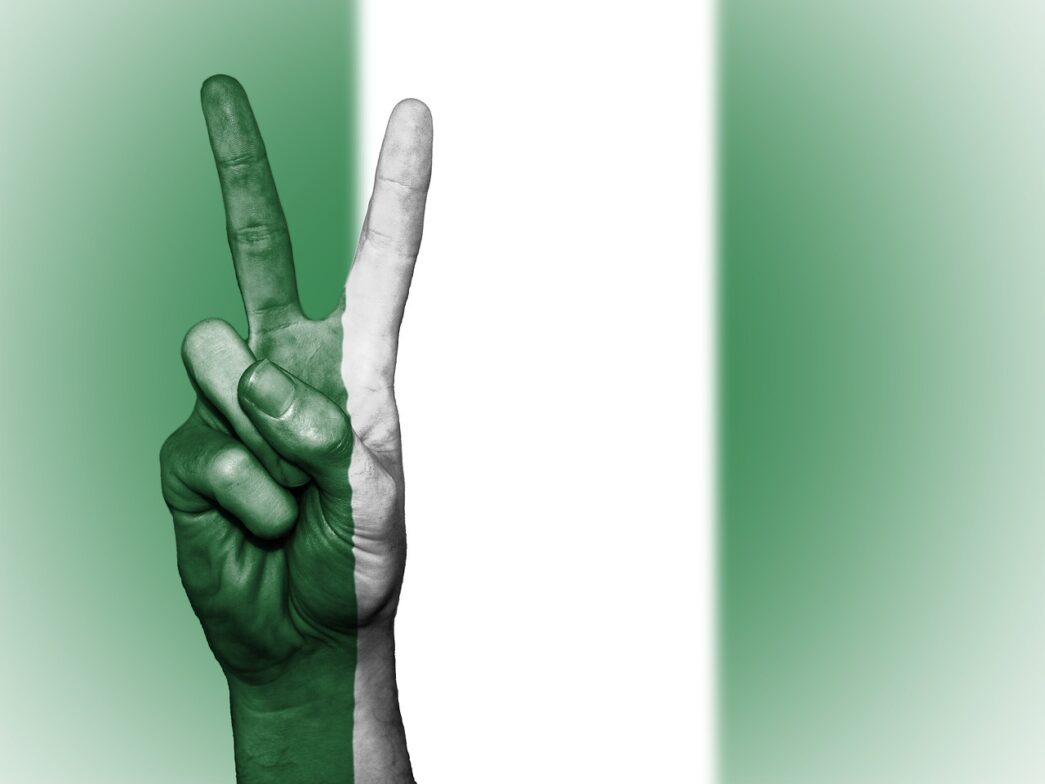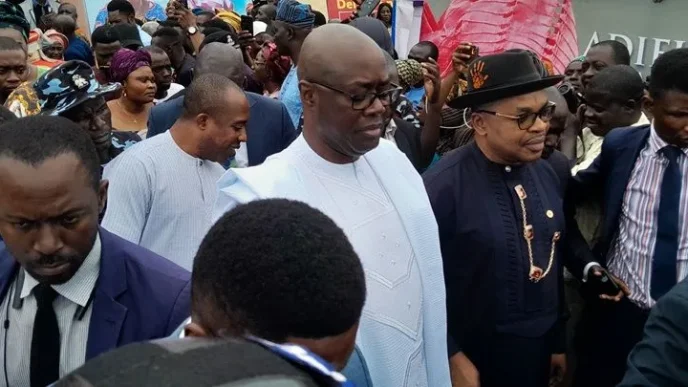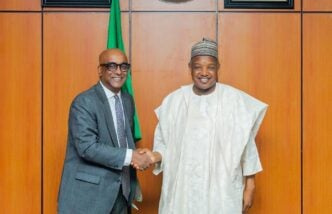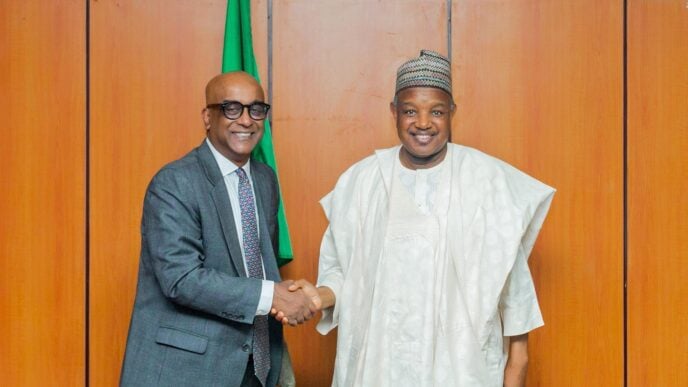On October 1, 1960, the Union Jack was lowered and the green-white-green rose for the first time at Tafawa Balewa Square. That moment marked Nigeria’s entry into self-rule. Sixty-five years later, the flag still waves, but the meaning of independence continues to evolve. The challenge before us is not whether Nigeria is free, but whether that freedom is being translated into prosperity, stability, and global influence. Independence at 65 calls for converting resilience into leadership and collective ambition into measurable progress.
Nigeria has grown into Africa’s most populous country, with more than 220 million citizens, projected to exceed 400 million by 2050. One in every twenty people on earth will soon be Nigerian. This scale already carries global weight. Nollywood and Afrobeats dominate global culture, while the diaspora sent home more than 20.93 billion dollars in 2024, boosting foreign reserves to 40.19 billion dollars and producing a balance of payments surplus of 6.83 billion dollars. In some years, remittances have outpaced foreign direct investment. These flows of talent, capital, and creativity reflect a nation with deep reserves of possibility.
The world Nigeria faces today is not the world of 1960. Independence once meant reclaiming political control. In 2025, it requires the ability to compete and negotiate in a global order shaped by shifting power blocs, climate pressures, and technological disruption. The task is to convert size into strategy, proximity into power, and diaspora into deal-flow. Nigeria must use its scale to set agendas in ECOWAS and the African Union, while engaging as an equal with partners across the Atlantic, Europe, Asia, and the Gulf.
President Bola Ahmed Tinubu has already moved in this direction. His leadership at the ECOWAS Summit and his presence at platforms such as the G20 and BRICS reflect a commitment to positioning Nigeria as both a regional anchor and a global player. Independence today requires the confidence to diversify financing, build resilient supply chains, and capture greater value from trade, energy, and technology. That calls for patient capital, functioning markets, and disciplined execution.
Advertisement
Reforms already underway lay the groundwork. The removal of the petrol subsidy in 2023 corrected a distortion that consumed close to two percent of GDP annually. According to the World Bank, that figure was larger than the country’s combined spending on health and education. Redirecting those resources allows investment in infrastructure, social protection, and fiscal stability. Exchange rate unification and reforms in the foreign exchange market have restored transparency, while monetary tightening through 2024 slowed inflation. The September 2025 rate cut, the first in five years, reflected renewed confidence in price stability and created certainty for investors.
Energy, infrastructure, and trade form the backbone of renewal. Nigeria’s over 200 trillion cubic feet of proven gas reserves can power industries and households while advancing Africa’s energy transition. The Electricity Act empowers states and private investors to drive competition in power generation and distribution. Infrastructure upgrades are reducing costs, opening markets, and linking communities, while public-private partnerships are delivering modern roads, rail lines, and airports. Trade integration holds even greater promise. The African Continental Free Trade Area could lift 30 million Africans out of poverty by 2035, according to the World Bank. Nigeria’s path lies in efficient ports, modernised customs, and functional transport networks that make Lagos, Kano, and Port Harcourt continental trade hubs.
Security remains the foundation of all progress. Safe highways and secure communities attract investment and restore confidence. Nigeria’s security strategy must strengthen local intelligence, mobility, and accountability, while using technology to anticipate threats. Stability creates the breathing space for reforms to take root, while jobs and enterprise address the long-term causes of insecurity.
Advertisement
Nigeria’s greatest strength remains its people. The median age of 18 signals a youthful population capable of transforming the economy if given the right tools. The administration has prioritised job creation through MSME support, digital innovation, and vocational training. The Nigeria Startup Act and targeted youth programmes are helping to channel creativity into enterprise. Over 90 percent of Nigerians work in the informal sector. Expanding access to finance, encouraging formalisation, and integrating small enterprises into value chains can turn daily hustle into sustainable business.
The diaspora multiplies Nigeria’s influence. Beyond remittances, doctors, engineers, entrepreneurs, and artists project Nigerian excellence globally. The proposed 10 billion dollar Diaspora Fund aims to channel these inflows into infrastructure, healthcare, education, and SMEs, turning remittances into engines of national transformation.
Independence today must also be understood in terms of interdependence. Sovereignty is no longer measured by isolation but by how effectively a nation translates domestic strength into diplomatic capital. Nigeria has taken up this role. At BRICS, it voiced Africa’s demand for fairer terms in global trade and finance. In ECOWAS, it continues to argue for regional unity as the strongest defence against coups and authoritarian backsliding. At the United Nations, it has pressed for Africa’s right to permanent representation on the Security Council. These engagements demonstrate that Nigeria’s independence is sustained through active global participation.
At 65, Nigeria stands at a turning point. The promise of independence was always to build a strong, democratic, and inclusive nation. That promise remains alive. Nigeria’s democracy, despite its imperfections, endures as a regional anchor in West Africa, where military takeovers in Mali, Burkina Faso, and Niger have unsettled stability. A democratic Nigeria signals that popular legitimacy, not force of arms, is the path to stability in Africa.
Advertisement
Independence Day is a reminder of what was won in 1960 and what must be achieved in the decades ahead. The future requires a Nigeria that powers its industries, creates opportunities for its youth, and projects leadership across Africa and the world. Reforms at home, energy for growth, trade networks that connect to markets, and diplomacy that commands respect are the tools for achieving this future.
Nigeria at 65 carries the responsibility of turning sovereignty into prosperity and interdependence into influence. The flag that rose at Tafawa Balewa Square remains a symbol of freedom. The challenge now is to ensure that freedom produces a nation that is secure, prosperous, and globally respected.
Oshodi is Senior Special Assistant to the President of Nigeria on Foreign Affairs and Protocol.
Advertisement
Views expressed by contributors are strictly personal and not of TheCable.














